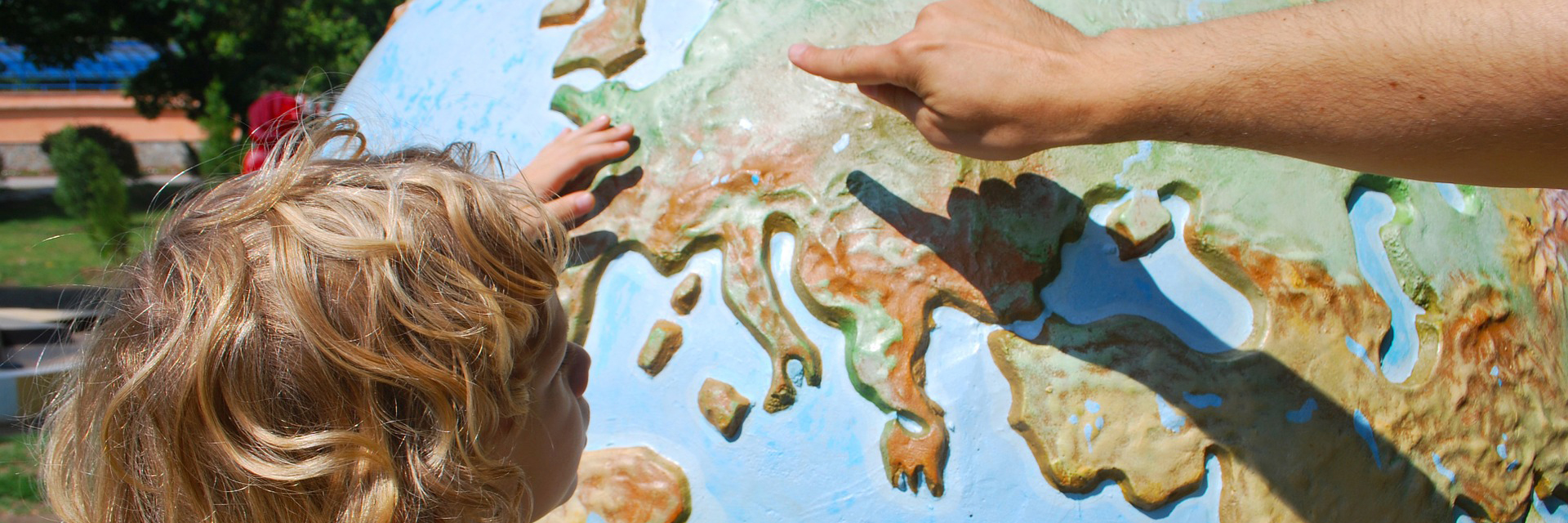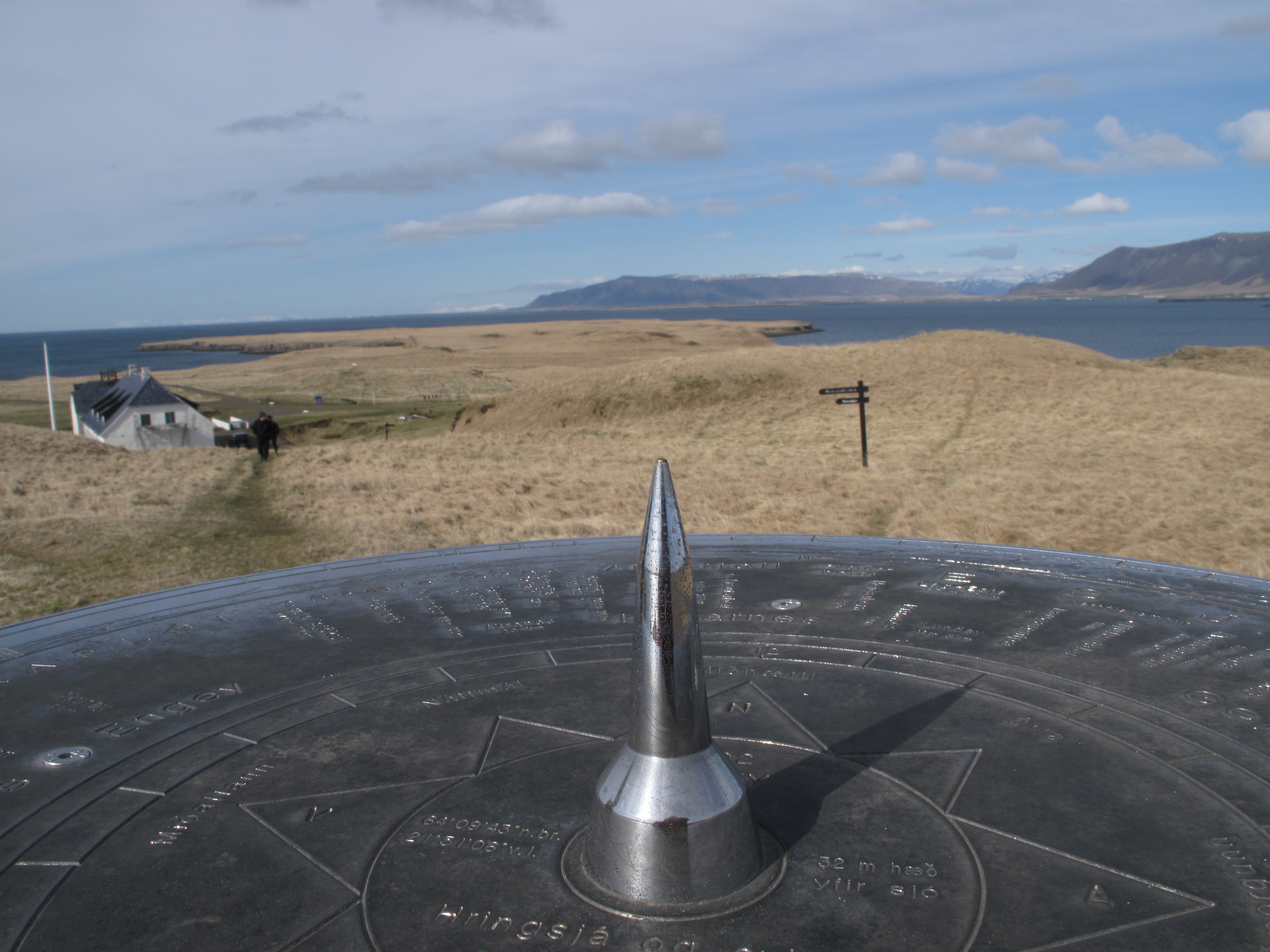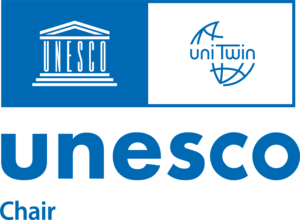Written by Markku Wilenius
In many parts of the world, we are entering into an age where most of the basic needs are taken care of. From maternity leave to pension systems, we are normally provided with adequate food and safety.
Most of us also have a social network that takes care of our need for human connection. Moreover, we get supported in many forms to find our own individual way to be in the world, to actualize ourselves in the world. No more is it the case that your background dictates your profession, as you may now be free to pursue the path you decide to take in this life.
This is all fine and well. But still not enough.
In our complex world, something else is needed, that can help us manage our lives in ways that are more suited to the type of the world we are entering. Something that goes beyond basic needs and touches upon something that has to do with active engagement with the world. We call these active skills.
So what are those skills with which you can transform the world? The world itself has come to a stage where there is a crucial need for more stewardship from human beings. We need to take care of the planet, not just exploit its resources. To do that properly, we need more sensitivity and activity towards the physical world around us. In other words, we need more what we can call living skills, those skills that builds a real connection between us and the world. These skills are often practical in nature, like gardening or working with the wood. In our digitalized environment, it is good for human beings to also work sometimes with physical matter.
The changes in working life are particularly dramatic. Yes we do need still professional education, but in labour markets we also need much more active skills than passive knowledge. For instance, the skill we need more and more in working life is something we can call collaborative intelligence. How to work with teams, how to act sensitively towards others? These are types of skills we may call interaction skills. Using these skills we can stimulate our networks, be a part of community building and be able to shape realities.
Maybe more than anything else, we need to focus on complexity skills. How to make changes happen, how to help people to move into right direction? Complexity skills are those that enable us to be initiators and catalyst for change. In the future, we need increasingly to identify ourselves as being activist for the causes that we see necessary. People with complexity skills can nudge development toward the direction which is needed.
In one his classic writings, “Managing Yourself” management guru Peter Drucker mentions the importance of building on your strengths (rather than weaknesses). The underlying assumption is that people get much more done in this world, if they are aware of their strengths and cultivate them in the productive way. If this urge is combined with personal mission, we might talk about spiritual skills. Spiritual skills help us too, to confront the stereotypes and worn-out archetypes in our world. We learn to rely on our observations and see the true potential in the world. Moreover, those skills help us to stimulate authenticity in other persons. The question here is: what is the contribution we want to make to the world? As we know, people who can judge independently can better cope with changes. We need more and more in this world those people that can and will act upon their knowledge.
All of this challenges our education system fundamentally. In this dynamic world, learning takes place in a much more individual and interactive way. It really provokes our age old educational institutes and challenges them to rethink their practices. As my colleague Peter Paul Gerbrands, who has done a lot of work to understand these skills, says: we need to move from passive knowledge into active engagement. The pedagogy for this type of focus, however, will be quite different. It will mean tectonic shift in the ways learning is organized in the future.
We need to be ready for the world of active skills!
Originally published in www.markkuwilenius.fi March 7, 2018
Picture: Laura Pouru
